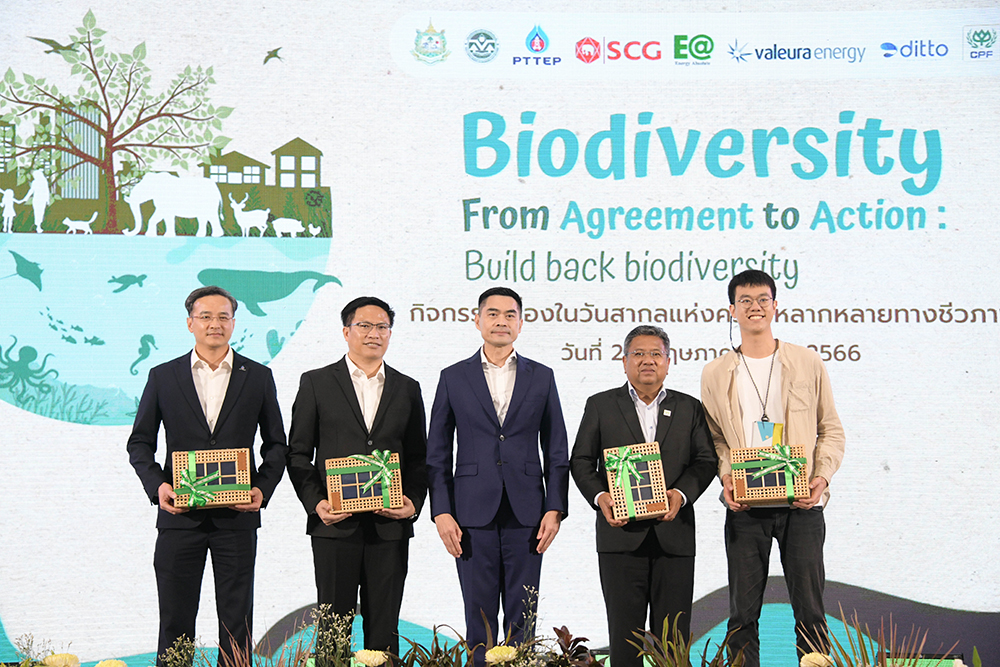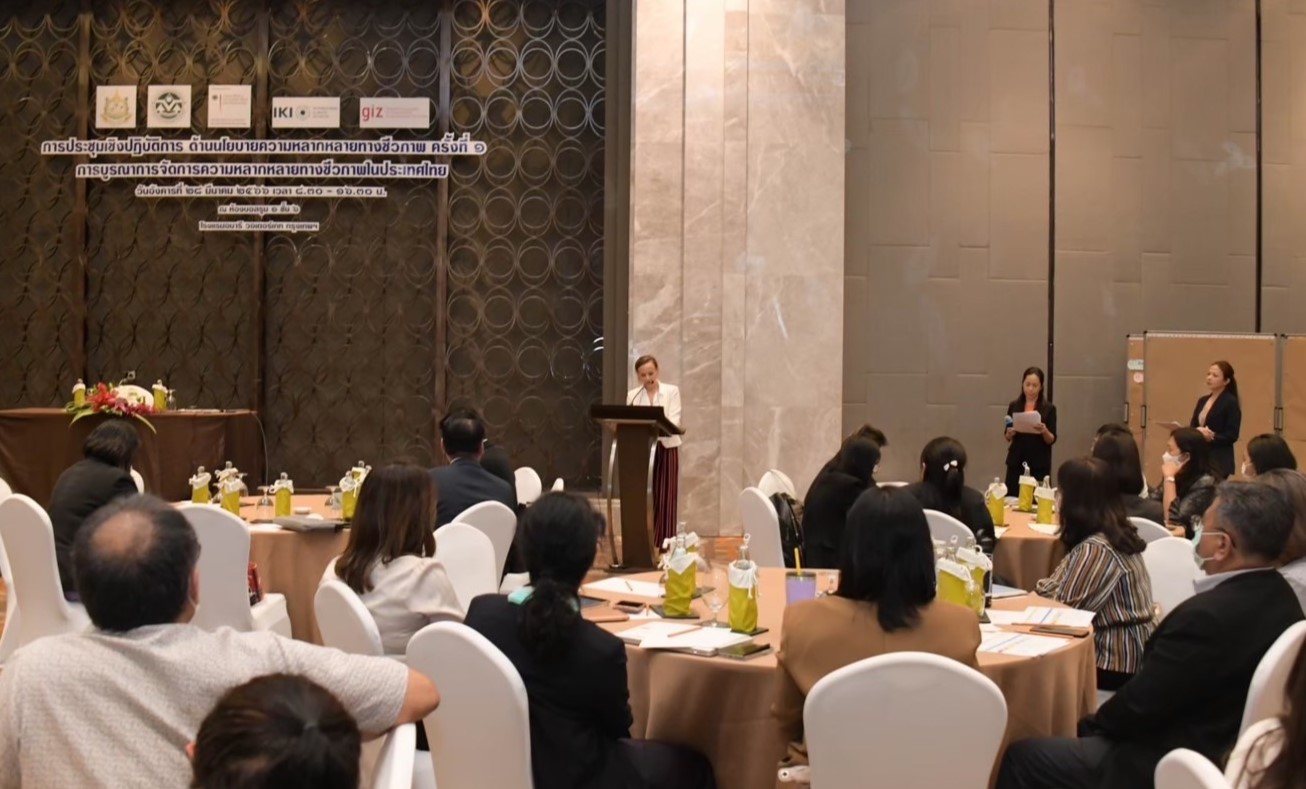Thailand moves forward to take the global 30x30 biodiversity conservation target to the national and local level

- Under the recently adopted Kunming-Montréal Global Biodiversity Framework (GBF), Thailand has committed to the global “30×30” target to conserve at least 30% of the world’s lands, oceans and inland waters by 2030.
- Other Effective Area-based Conservation Measures (OECMs) have been included in the GBF as an important new instrument to account for biodiversity and ecosystem conservation.
- Various stakeholders, ranging from government agencies to universities, NGOs and international organisations, have been engaging in a series of workshops and events to discuss how this concept could be applied in Thailand and to agree on key elements and the process to develop national guidelines for OECM application in Thailand.
With the adoption of the Global Biodiversity Framework (GBF) under the UN Convention on Biological Diversity (CBD) and Thailand’s joining of the High Ambition Coalition (HAC) for Nature and People, Thailand has committed to the 23 targets of the GBF, including target 3, the “30×30” target. Complementary to nature conservation through Protected Areas, Other Effective area-based Conservation Measures (OECMs) are viewed as a viable option to recognise and enhance biodiversity conservation. Since the concept has not been applied in Thailand so far, Thai stakeholders with support from different organisations including GIZ are now embarking on a process of defining how OECMs can be implemented.
An OECM is a geographically defined area that achieves long-term in-situ benefits for biodiversity. While biodiversity conservation is the main management objective of a Protected Area, this objective may be secondary or ancillary to an OECM. This may be the case on sites on land and in water, such as sacred sites, military areas, shipwrecks, buffer zones around Protected Areas, and others, but has to be determined case by case and based on the specific country, both in-country and on-site.
Under the lead of the Office of Natural Resources and Environmental Policy and Planning (ONEP), there has been a series of workshops and events that have served to bring stakeholders together and discuss gaps and needs to operationalise the OECM concept in Thailand. The process brings together relevant experts from Thai line agencies such as ONEP, the Department of Marine and Coastal Resources (DMCR), or the Department of National Parks, Wildlife and Plant Conservation (DNP) along with expert inputs from academia and NGOs as well as strong engagement from international organisations, including GIZ Thailand through the Climate, Coastal and Marine Biodiversity (CCMB) project.

At BioDay on 22 May 2023, a panel discussion as well as multistakeholder workshops, provided the opportunity to discuss conceptual questions and practical challenges around the establishment of OECMs in Thailand. While it became clear that further clarification on legal, technical and implementation aspects is needed, a multistakeholder process to develop national guidelines for OECMs in Thailand that will also take account of conservation needs, as well as the national and socio-economic context of the country, has been initiated.
GIZ through the CCMB project will be supporting ONEP and other partners to mainstream biodiversity and climate change targets and deliver actions towards international goals. Beyond policy-level advisory services for the integration of biodiversity into sectoral plans, CCMB is engaging with ONEP, DMCR and the Ministry of Tourism and Sports (MOTS) to initiate a process for identifying a potential OECM in a coastal and marine area where nature conservation, climate change and sustainable tourism have to be harmonised at the local level.


Supachok Chittapisan
Project Coordinator
Email:supachok.chittapisan(at)giz.de